The cover image (Figure 1) is from Twitter user comments)
“The Russian phenotype is a reflection of the purity of Russian culture, a special and vivid example for those who have long lost their pristine and exclusivity, wastefully mixing their genes with the genes of other cultures”.
This message was heard in the advertising campaign of the Russian branch of Yves Rocher and the Russian Institute of Plastic Surgery and Cosmetology. As stated in the text of the leaflet presented on the institute’s website, experts selected thousands of data on the appearance of Russian women. The cosmetic company noted that it has developed parameters that allow Russian women to make sure that they correspond to the anthropometric data of “Russian beauties”. Also, the company announced the development of their own makeup line, which would allow women to smooth out the “roughness” to achieve the ideal.
One of the first to pay attention to the action was Alexander Sotnik, who was almost immediately supported by journalist and historian Shimon Brieman, noting: “Three Holocaust historians who read this fresh Russian advertisement, without colluding, told me that the authors of the advertisement simply replaced the word “German” from Nazi propaganda with “Russian” … »
People’s Deputy of Ukraine Vladimir Ariev, info expert Dmitry Zolotukhin, Belarusian influencer Alex Gabi and special correspondent of the Kyiv Post Jason Jay Smart also expressed their condemning opinion.
After the information about the advertising campaign got into social networks, a real fire broke out. Outraged users immediately accused the company of Nazism, calling for a boycott of their products, resurrecting #BoycottYvesRocher.
The Ukrainian media could not ignore the scandal either, the corresponding news were published by the Glavkom, Ukrainska Pravda, the Judicial and Legal Newspaper, Kyiv Post, Telegraph, and many others.
The Ukrainian representative office hastened to refute the “fakeness” of the action, and after a while the head office of Yves Rocher. At the same time, the Russian branch of the company, as well as the Institute of Plastic Surgery itself, preferred to remain silent.
Now, it is difficult to state unequivocally whether the scandalous news were true. On the verge of refuting the cosmetic brand, there are a number of noteworthy facts:
1) active web archival link about the action of Yves Rocher and the Institute of Plastic Surgery
2) comments of users who received confirmation of the existence of the action at the Institute
3) lack of comments from the Russian department that allegedly conducted the action and the Institute of Plastic Surgery, which participated in it.
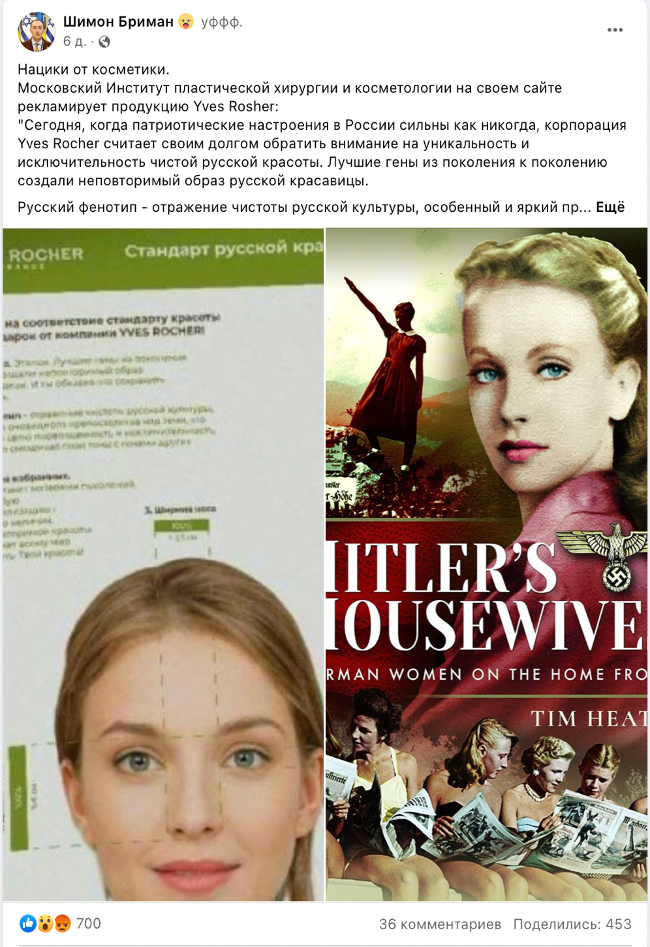
Figure 2 (Publication by journalist and historian Shimon Brieman, Source: Facebook)
We do not presume to say that the campaign “Standard of Russian Beauty” was Correct. But we can’t help but think about the fact that users of social media, influencers and journalists believed in the truthfulness of this scandalous advertising.
Why does a brand with a worldwide reputation look so natural in the role of a distributor of “Rashist ideology”?
For the first time, a Russian buyer got acquainted with the company’s products in 1991. Until 1994, it gained such popularity that the store had to install a turnstile to control the number of visitors.
In 2010, the brand gained a foothold in the top three and received the Love Brand award. And as of 2023 in Russia there are 439 boutiques.
However, in 2012, the brand faced a global scandal, and the Internet screamed the call for #BoycottYvesRocher. The reason was the opening of a criminal case against the Navalny brothers – Oleg and Alexei.
In its defense, the company said it had never filed complaints against the Navalny brothers, and since 2013 it had not interfered in the proceedings. However, the flywheel of “justice” was already in flames.
In June 2018, the company — and specifically the former director of Yves Rocher Vostok, Bruno Leproux — was accused of a “knowingly false denunciation” that led to the “Yves Rocher case” in Russia.
On February 3, 2021, the day after the replacement of Alexei Navalny’s suspended sentence with a real one, the company made a second statement in which it tried to justify its act, but this did not stop the wave of hate of users and did not affect the imprisonment of the most famous oppositionist of Russia.
It’s hard not to believe in the political background of the Yves Rocher case. At the end of December 2011, Navalny, being one of the organizers of the rally “For Fair Elections”, from the stage declared his desire to bring millions of people to the streets of Moscow and peacefully transfer power to the people next year. In April 2012, Time magazine included Navalny in its list of the “100 Most Influential People in the World”. And in early December of the same year, a case against the Navalny brothers was initiated.
The “Navalny case” was most often mentioned by Twitter users as a background for the scandalous advertising of the “Russian standard of beauty”. The conclusions suggest themselves: Yves Rocher is considered quite capable of making a deal with conscience and playing along with the Russian ruling elite: whether it is the elimination of a political opponent or the declaration of the “chosenness” of the people who have put themselves above the ideals of peace and humanism.
Among the accusations made against the cosmetic brand, the presence of a working plant in Russia (Tosno, Leningrad region) was often mentioned.
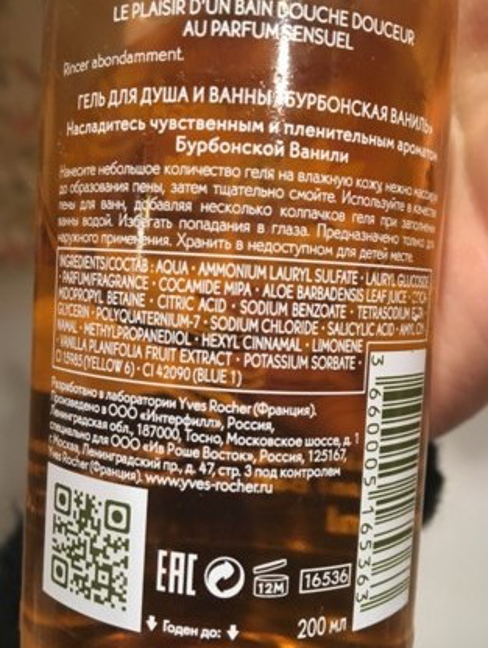
Figure 3 (photo of the product label)
The plant produces 17 types of products, indicating the country on the jars Production– Russia, “especially for Yves Rocher Vostok”.
Often, cosmetics produced at the specified plant are sold on Internet sites: both on the official website of Yves Rocher, and through public pages of the brand in social networks.
For example, there are no problems ordering and picking up cosmetics in the boutique of the Autonomous Republic of Crimea, occupied by the Russian Federation since 2014.
Yves Rocher obviously has no doubts about the status of Crimea. The official website of the company, guaranteeing the possibility of delivery throughout Russia, indicates the Crimean cities in the list of destinations.
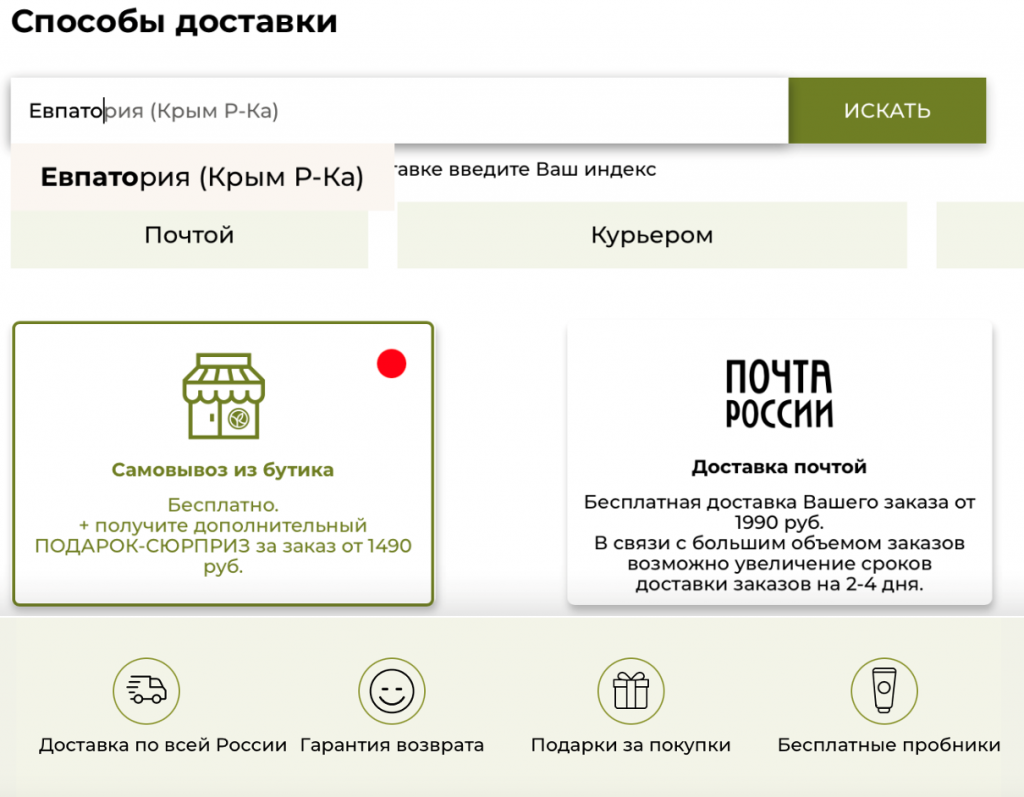
Figure 4 (Delivery information from the official website of the https://www.yves-rocher.ru/delivery)
It is noteworthy that the site service limits the user’s choice only to the name of the city, indicating the status of the territories independently.
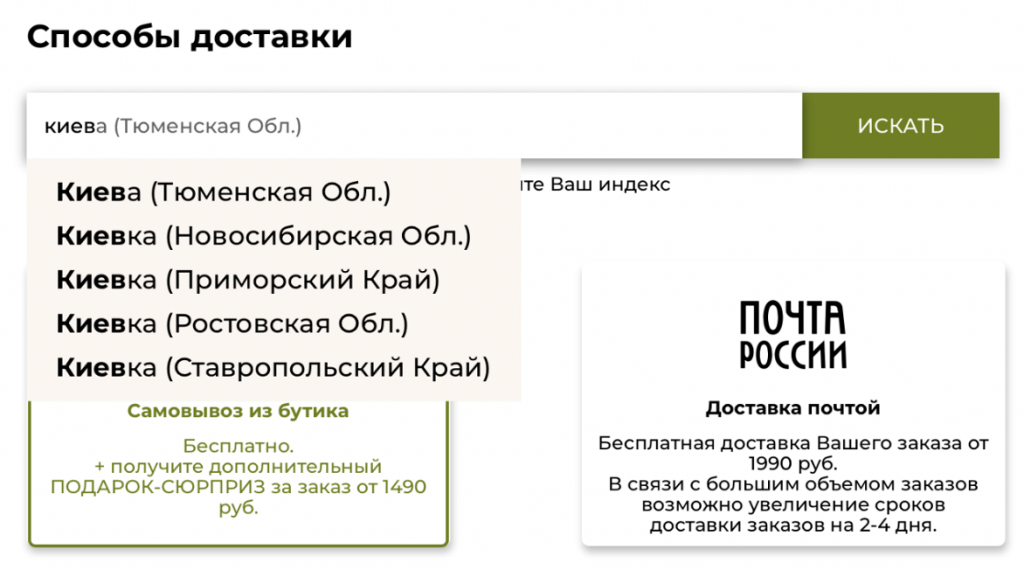
Even though in the official list of boutiques on the Yves Rocher website there are no addresses of stores in the Autonomous Republic of Crimea, they are easily detected through search resources and, it seems, the company does not plan to do anything about it.
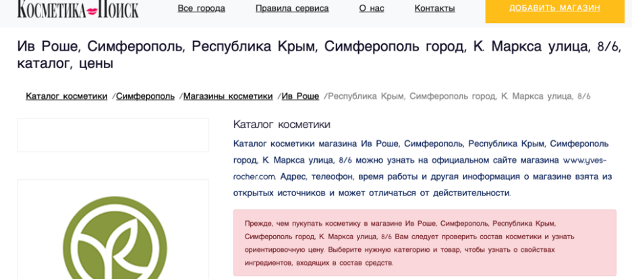
A similar practice is followed by Yves Rocher regarding sales in the occupied territories: Enerhodar (from 2023), Donetsk (since 2017).
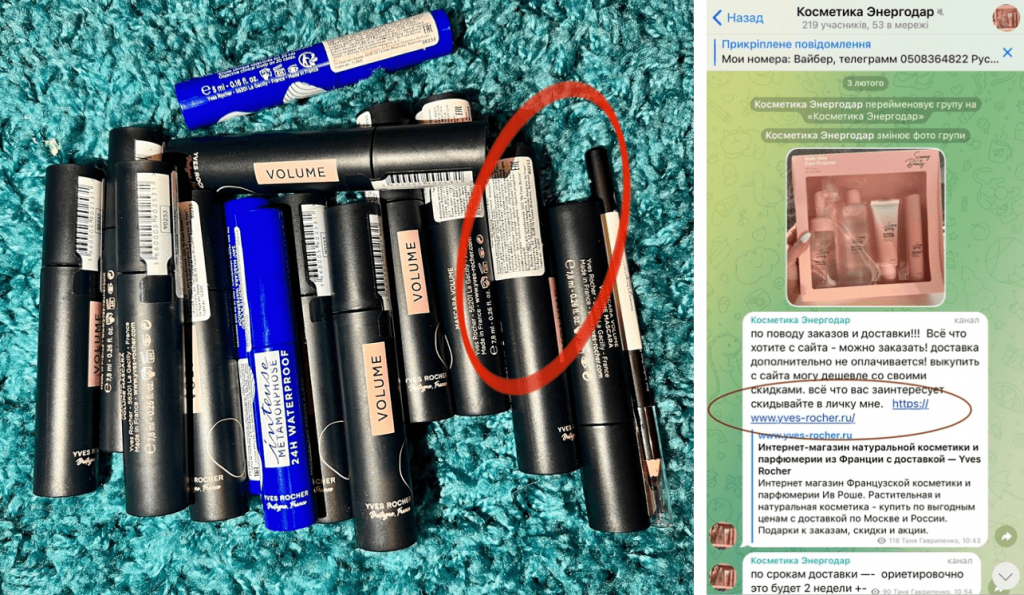
Unfortunately, the company does not make any attempts to block these pages or prevent the sale of cosmetics through these sites.
Perhaps this explains the high financial result of the Russian Yves Rocher. Thus, according to the statement of the National Agency for the Prevention of Corruption”, “Until the Russian budget in 2022, the Russian financial company “Yves Rocher Vostok” paid submissions for a sum of close to 6 million US dollars.” This argument is mentioned as one of the most eloquent for the inclusion of the company in the list of international sponsors of the war, which is conducted by the NAPC and takes into account the system of world banking compliance World- check.
Like the scandals with other global brands (Bonduel, Auchan, Raiffeisen Bank), the case of Yves Rocher shows that the attitude of a wide audience to work in Russia has changed. Staying in the countries of the aggressors means dependence on the Putin regime and entails a willingness to participate in his crimes. And that’s why users around the world believed in advertising with a touch of Nazism and are actively calling for a boycott of Yves Rocher products.
The publication was prepared by the Underdog The Unlawyers News Agency specifically for the “Don’t Fund Russian Army” project.

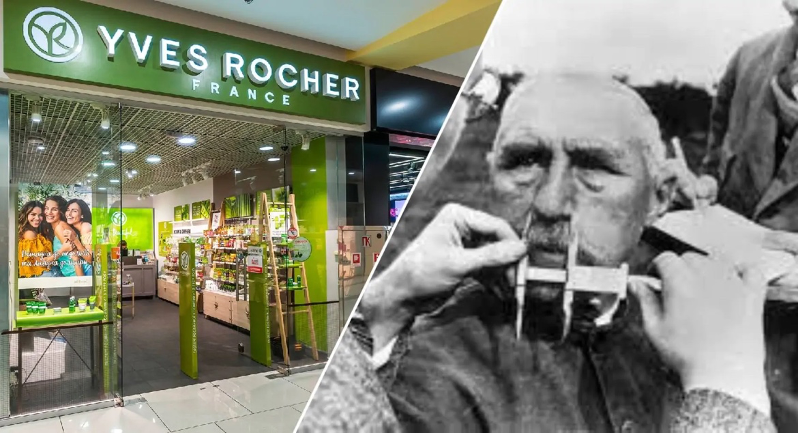
Вам також буде цікаво:
У Польщі розповіли, як здійснюється профілактика і боротьба щодо злочинів у сфері обігу наркотиків
«Слава Україні!» – кредо сучасних українців
Путін сформував на Донбасі політичну самоідентичність
Масові протести у Судані: що відбувається?
Закон України “Про внесення змін до Податкового кодексу України щодо скасування окремих норм закону 466 (1210) та поліпшення бізнес клімату”
В ООН закінчились гроші на порятунок життів